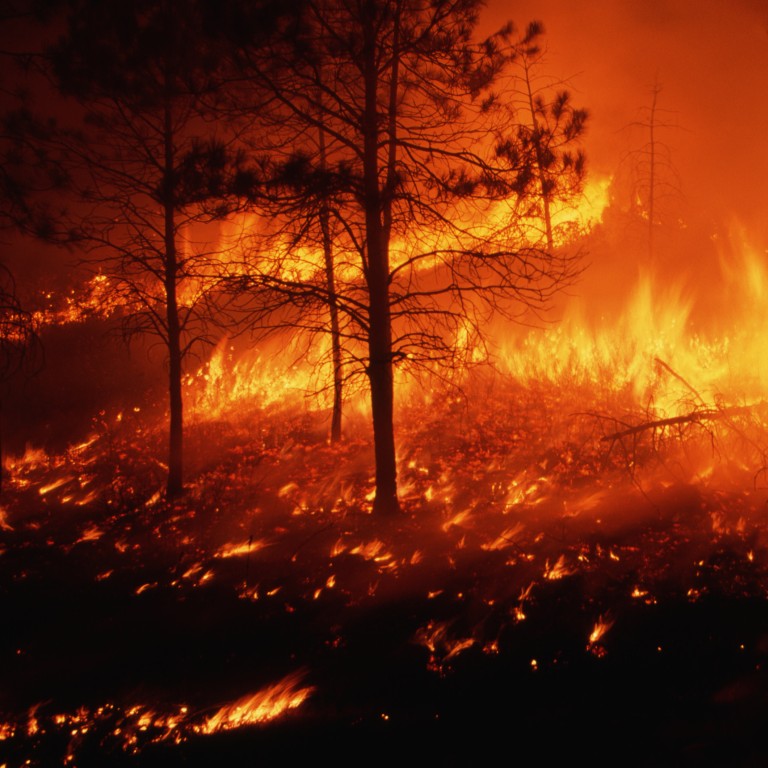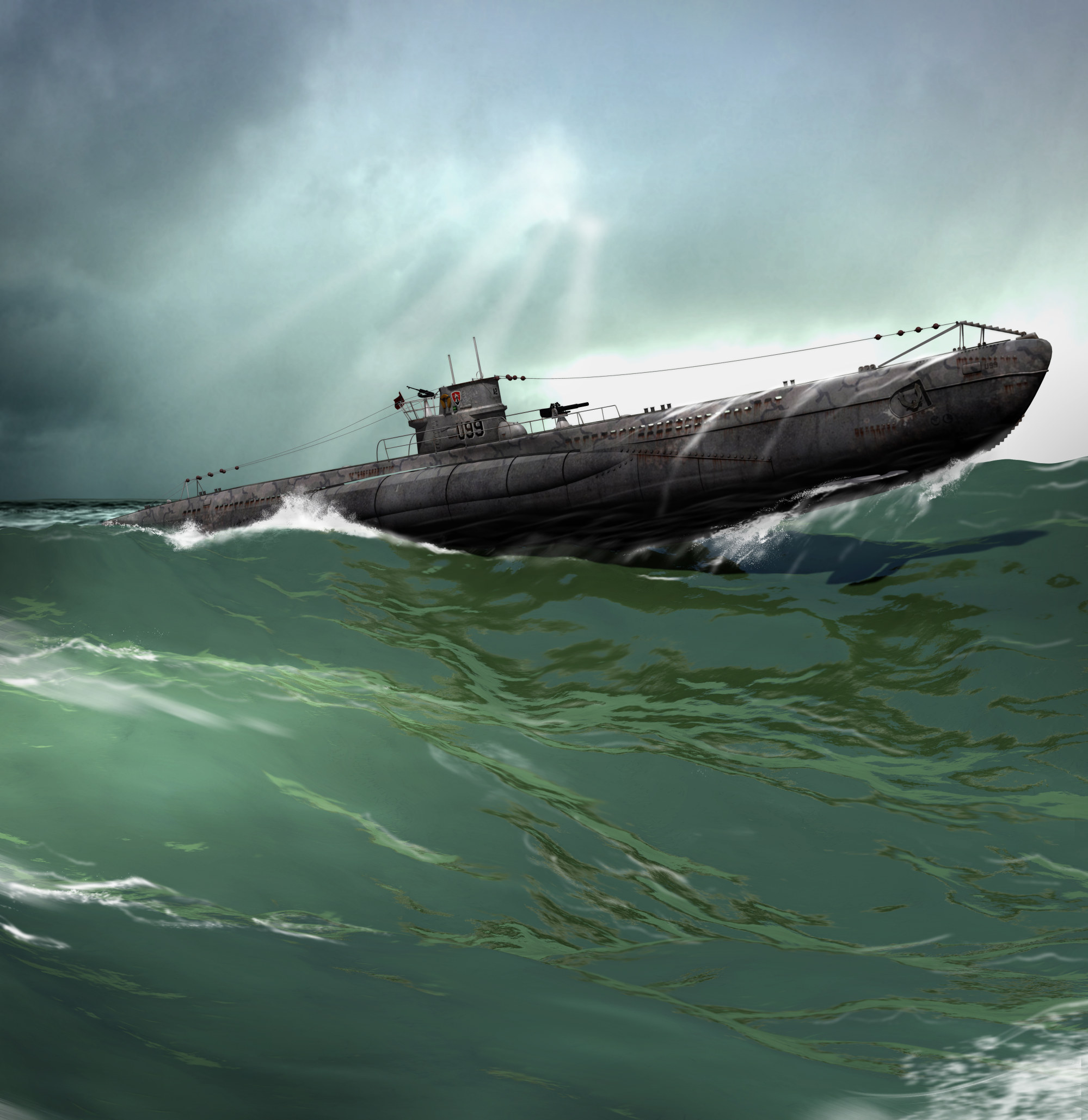
‘Global boiling’? It’s not enough to seethe about it – we need to find steps, prioritise and act collectively to avoid the worst of climate change
- UN Secretary General Antonio Guterres heralded ‘the era of global boiling’ to underline the severity of the situation facing the planet
- Boil is a word English borrowed from Old French to replace another word, seethe. But we must all do more than seethe about climate change – we must act
“The era of global boiling has arrived.” So warned United Nations Secretary General Antonio Guterres recently, following scientists’ assessments of July as having been our planet’s warmest period – for both surface air and ocean temperatures – on record.
Boiling is the action of bubbling up in agitation under the influence of heat, or ebullition, due to the lowest portions of the liquid passing into gaseous form and escaping as bubbles.
The word boil was borrowed into early 13th century English from the Old French boill-ir “boil, bubble up, ferment, gush”, which came from the Latin bullīre “to bubble, seethe”. The word is said to be an attempt to represent the noise made by boiling water.
Cruises are supposed to be greener using LNG. Instead, they might be worse
Middle English did have its own word for this: sethen, from the Old English seoþan, with the meaning “to boil, be heated to the boiling point, prepare [food] by boiling”, as well as the figurative meaning “be troubled in mind, brood”.
However, sethen’s literal meaning was overtaken by the borrowed French boil, and English seethe now just survives in its metaphorical extension, meaning to be filled with intense but unexpressed anger.
But unexpressed can no longer be the state of our response today.
How to protect ourselves against extreme heat? The US$500,000 robot helping
“The time has come” – as the Walrus declared one and a half centuries ago in Lewis Carroll’s narrative poem “The Walrus and the Carpenter”, in Through the Looking Glass – “to talk of many things […] why the sea is boiling hot – And whether pigs have wings”.
The extreme climate change which it once seemed would not come to pass – when pigs fly – is already here.
Another idiom involving the same key concepts exists: “to boil the ocean”, referring to the undertaking of a task too complex or challenging to achieve.
Several sources point to the expression being coined by comedian Will Rogers, who, when asked during World War I what he would do about the threat of German U-boats in the North Atlantic, replied that one should just boil the oceans so the submarines turn pink and pop up to the surface.

This phrase has been used particularly in business, in relation to making a project unnecessarily complicated or too detailed so that it becomes impossible to accomplish.
While a response to global boiling may feel like boiling the ocean, it is critical that we find small but significant steps, prioritise and act, and collectively avoid the very worst of climate change.

